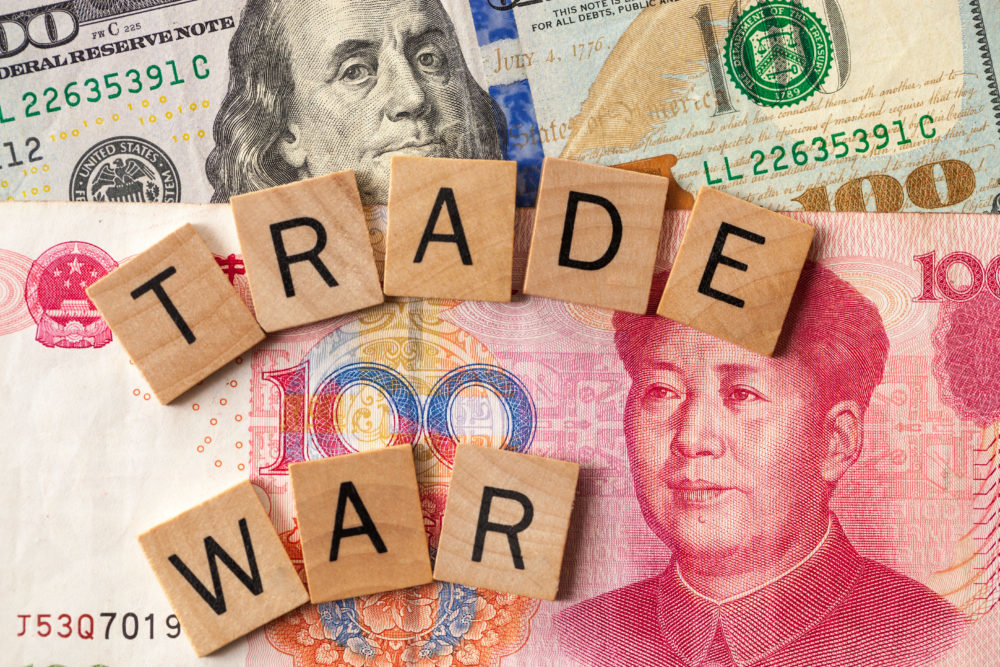Washington has an increased urgency to address China’s overcapacity and dumping in the United States and global markets.
President Biden announced a continuation of the tariffs imposed by the Trump administration in 2018 along with a sharp tariff hike on Chinese electric vehicles, semiconductors, critical minerals and many other imports. Lawmakers in both parties support the president’s decision. Treasury Secretary Janet Yellen says China’s market manipulation and overproduction “distorts global prices” and “hurts American firms and workers.”
For the first time, Republicans and Democrats agree that tariffs are necessary to combat China’s massive production of steel, solar panels, electric vehicle batteries, and many of the essential materials that go into them. However, we can expect Beijing to do what it always does — find ways to circumvent the tariffs. While tariffs are a critical tool to ensure American industry can compete in the face of predatory Chinese trade activity, they are not the only solution.
Our missteps have given Beijing immense trade leverage since China now dominates the global production of minerals and metals. That gives China’s state-owned manufacturers preferential access to critical materials — helping reduce production costs. However, the United States is now alarmingly dependent on China for these same supply chains. Beijing can restrict the supply of rare earth elements and battery metals to influence trade negotiations. That’s almost certainly a lever they’re going to pull again.
For more than a decade, the United States has recognized the urgent need to detangle from China’s dirty mining and toxic mineral processing. But now, more than ever, we can’t afford to ignore this glaring vulnerability.
While we embrace the need for industrial policy to build secure mineral supplies, China is doubling its efforts to dominate global supply chains.
Beijing continues to expand its mining operations to push out competitors and tighten its grip on mineral supplies. Chinese dumping of below-cost materials in the global marketplace is leaving Western mines unable to compete. We now see this with nickel, cobalt, graphite, lithium, and other metals essential to batteries and advanced energy technologies.
Beijing recognizes the incredible importance of these metals and minerals as the building blocks of 21st-century industry — and has made itself a minerals and metals OPEC of one. By controlling these supply chains, China dominates the production of many of the critical technologies of the 21st century.
Regarding solar panels, Chinese firms now control more than 80 percent of global production. But it does not benefit Chinese consumers. Instead, China is flooding the globe with underpriced solar panels, putting U.S. solar manufacturers and other competitors out of business. By the end of this year, China will be producing 1,000 gigawatts of solar panels annually. That’s more than double its production level just a few years ago.
This global glut of solar panels could end America’s ambitions of becoming an independent solar producer. But it’s not just solar panels; the same overproduction is hurting Western manufacturers of electric vehicles, batteries and advanced electronics.
Washington was right to impose tariffs in response to China’s market manipulation. However, tariffs alone are not a cure-all for the challenge we face. A total commitment to rebuilding American industry and decoupling the U.S. economy — and our national security — from Chinese supply chains must be our priority. Fully embracing American mining and the development of secure, responsibly produced mineral supplies is a great place to start.

